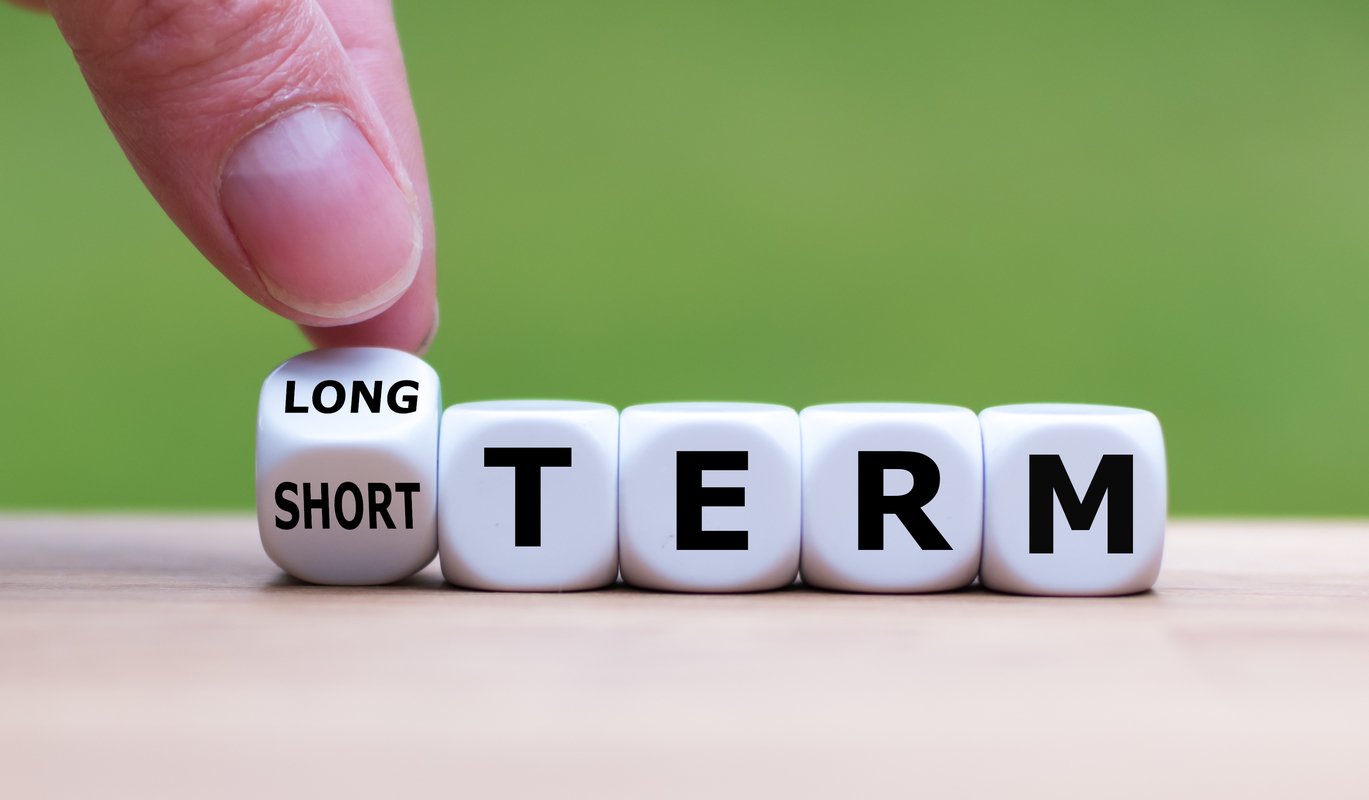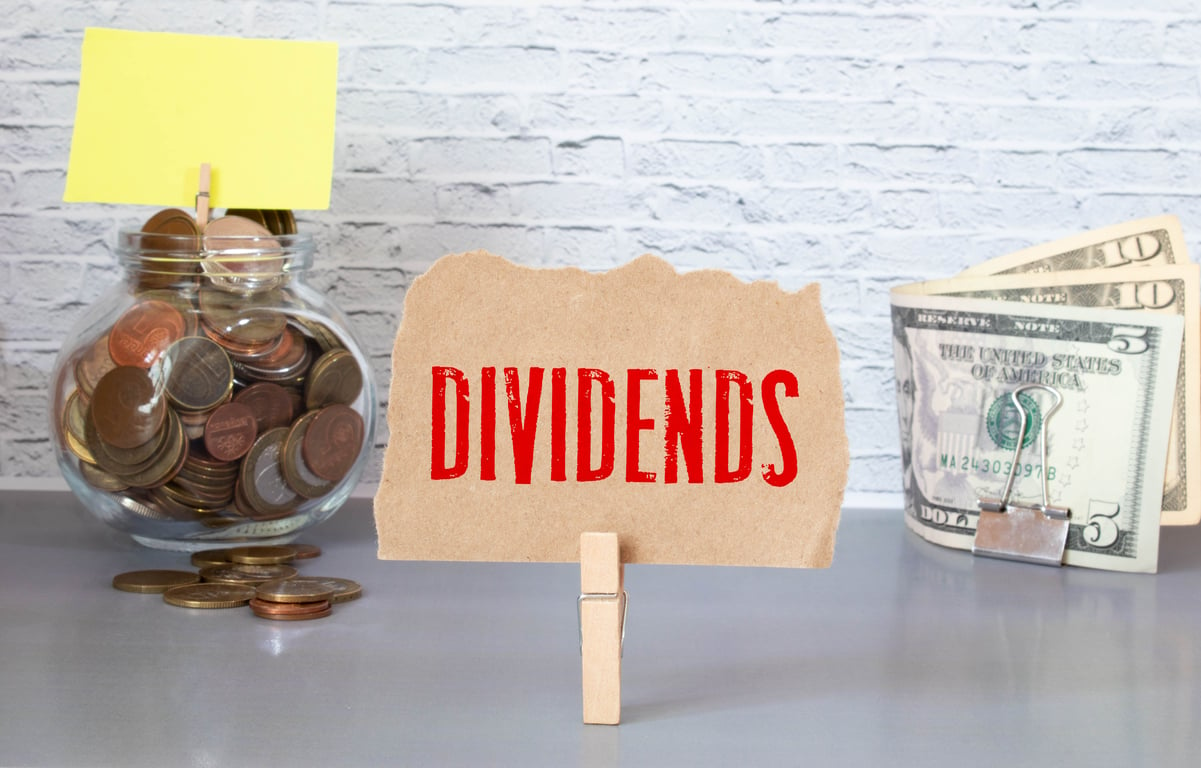Given the extreme volatility the stock market has experienced in the devastating wake of COVID-19, many investors have been setting their sights on dividend stocks as a means of mitigating their long-term losses from the coronavirus crash. Bristol Myers Squibb (BMY 2.40%) has historically been a top choice for dividend investors with its excellent use of cash flow, consistent revenue growth, and substantial annual dividend increases. In fact, in the past five years alone, Bristol Myers Squibb has boosted its dividend four times with a median rise of 2.4% each year.
In the current COVID-19 buying climate, very few stocks are proving to be totally recession-proof. That said, those with a long-term buying strategy in mind should be seeking investment opportunities in stocks that have shown healthy signs of recovery over the past month and have a diverse-enough product portfolio to ride the shock waves that are likely still ahead. It would appear that Bristol Myers is such a stock.
Keep reading to learn why you may want to consider incorporating Bristol Myers into your buying strategy.

Image source: Getty Images
Despite an unpredictable market, BMS remains a high-growth stock
Bristol Myers Squibb entered the coronavirus bear market coming in off a 52-week high hovering around $68.34. Between the beginning of February and the end of March (when the effects of the coronavirus pummeled the market almost overnight, instigating mass sell-offs), Bristol Myers stock fell by roughly 39%. But it has rebounded in recent weeks.
Bristol Myers closed at $60.04 on April 14, which is roughly where the stock has been hovering for the past week. With a current dividend yield of about 2.9% and a price-to-earnings ratio of 27.53, the company is meeting all the benchmark indicators for impressive annual performance associated with a high-growth stock.
One of the company's saving graces may be found in its varied product portfolio and several promising drug developments that are still in the works. The vast majority of Bristol Myers' products, such as its cancer drugs and anticoagulants, are not going to be severely impacted by the current pandemic. These lifesaving medications are in global demand and are needed now more than ever for those who are at the highest risk from the virus.
Among numerous recent drug developments, the company expanded its anemia treatment Reblozyl on the heels of the Food and Drug Administration's approval to use it for patients with anemia caused by myelodysplastic syndromes (MDS). MDS are a category of bone marrow diseases or blood cancer that typically arise in individuals over the age of 60. The FDA's expanded approval of the drug will almost certainly bring about a significant boost to the company's top and bottom lines.
Even more significant to Bristol Myers' growth story is its acquisition of global pharmaceutical giant Celgene for $74 billion in November 2019. The purchase has positioned Bristol Myers as a leader in oncology, inflammation, and immunology franchises, with the combined power of nine treatments that each represent more than $1 billion in sales. The company acquired a plethora of new drugs in the combination with Celgene, including the oral cancer treatment Revlimid as well as psoriasis and psoriatic arthritis mediciation Otezla. In Q4, Revlimid sales before and following finalization of the acquisition jumped by 10%. Additional launches powered by the combination of the two companies are slated to bring in more than $15 billion in sales.
The company came into the COVID-19 crisis from a place of strength
In 2019, Bristol Myers Squibb raked in sales of $26 billion with Q4 revenues beating analyst estimates by well over $1 billion. While the company's dividend yield and earnings are sure to be affected by the coronavirus to a certain extent, the future still looks promising. The company projects annual revenue for 2020 around $40 billion, with adjusted earnings up to $7.45 per share. This stock is very well priced, while still possessing a high potential for returns down the road.
Bristol Myers' Q4 earnings reported cash and marketable debt securities totaling $16.2 billion compared to a debt amount of $46.7 billion. While that level of debt is far from ideal, the recent acquisiton of Celgene means that Bristol Myers has an incredibly diverse stockpile of blockbuster drugs and drug candidates. These programs, combined with Bristol Myers' highly successful drug franchises prior to the acquisition, are one of the main reasons this stock poses an increasingly attractive buy for growth investors.
It's true that the longer the pandemic continues, the more the supply chain for pharmaceutical companies may be impacted. The coronavirus has already caused Bristol Myers to push certain new drug studies and launches until later in the year. But a pharma giant like this is in a far better position than some to weather the storm because it entered the crisis from a definite place of strength. In the meantime, Bristol Myers Squibb's solid product offerings and continued resilience amid the pandemic make this stock worth a second look for investors.






